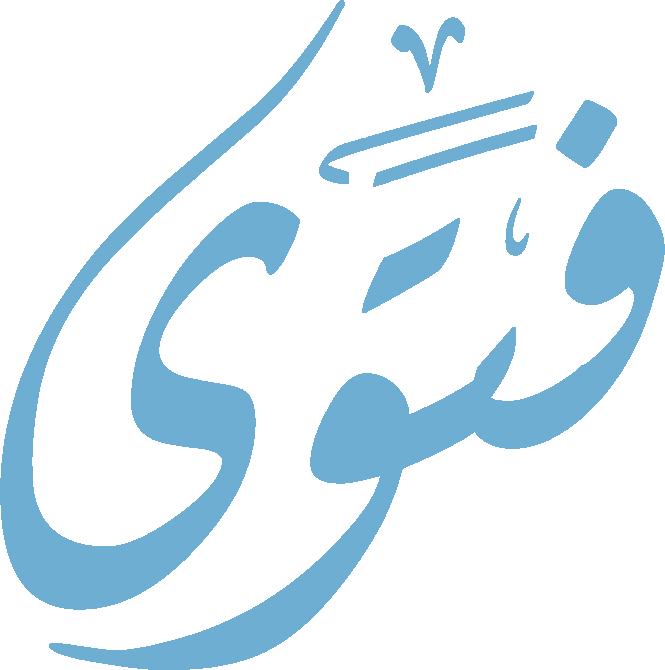Question
Reference number: 157996 | Prayers | Aug. 6, 2019
If I finish praying Al-Fajr three minutes earlier than sunrise, according to the prayers’ schedule which is implemented in Palestine, will its performance be considered in time?
Answer
Praise Be to Allah and Peace Be Upon His Messenger.
Referring to your question, the prayers’ schedule which is implemented in Palestine is accurate. Thus, if you finish before sunrise, even if you finish one Rak’a, your prayer is considered correct and on time. the prophet says: “Whoever prays one Rak’a of Al-Fajr before sunrise, they have observed Al-Fajr Prayer (in time), and whoever prays one Rak’ah of Asr Prayer before sunset, they have observed Asr Prayer (in time). Related by Al-Bukhari.
Other scholars have a different opinion. They think that a Muslim should finish praying completely so as to consider the prayer valid. As long as you finish praying three minute earlier, your prayer was observed in time.
Shaikh Muhammad Ahmad Hussain, the General Mufti (Muslim Legal Scholar), in the Palestinian Legal Verdict Council, was once asked whether the time of Al-Fajr Prayer was accurate or not since at this time (which is appointed to perform Al-Fajr), it is completely dark, and what is the relationship between performing Al-Fajr according to the permanent calendar and the verse: “and eat and drink until the white thread (light) of dawn appears to you distinct from the black thread (darkness of night),”? Al-Baqarah: 187
The Shaikh answered that Allah allows a Muslim to eat and drink until they are certain that it is dawn time. What is meant by the white thread is the daylight, and what is meant by the black thread is the night. This verse means that Muslims are allowed to eat and drink until the daylight appears from darkness. This happens at the accurate dawn time. Some of the prophet’s companions misunderstood the verse. They thought that they had to distinguish the real white thread from the real black one, so some of them used to keep two threads: black and white under their pillow, or some used to tie two threads: black and white around their legs. Thus, they used to keep eating and drinking until they were able to distinguish the two threads.
Adi Ibn Hatem narrated that when the verse: “and eat and drink until the white thread (light) of dawn appears to you distinct from the black thread (darkness of night)” was revealed, I took two (hair) strings ‘Iqal’: black and white (the Iqal is a headbands usually worn by men around their heads above a piece of cloth), and I kept them under my pillow, and I went on looking at them throughout the night, but could not make anything out of it, so the next morning I went to the Messenger of Allah and told him the whole story. He (PBUH) explained to me: “That verse means the darkness of the night and the whiteness of the dawn.” Related by Al-Bukhari
Therefore, the prayer must be performed at its appropriate time, and fasting must be observed throughout the exact times. Allah says regarding the prayer: “The prayer is enjoined on the believers at fixed hours.” An-Nisa’: 103.
Each ritual has its exact time. For example, the time in which a Muslim can pray Al-Fajr starts from the emergence of accurate dawn and ends at sunrise. The prophet (PBUH) says: “And the time of Al-Fajr Prayer is from the appearance of dawn as long as the sun has not risen.” Related by Muslim
Basically, the prayer-call maker must be careful when he observes the Adhan as he is responsible and trustworthy. The prophet (PBUH) says: “The Imam is responsible and the prayer-call maker is trusted.” Sunan Abu Dawood
Once the Fajr Prayer call starts, the one who intends to fast, must stop eating and drinking, and they can pray Al-Fajr.
The times of prayers which are followed by the prayer-call makers are authorized by the Palestinian House of Fatwa and the Ministry of Endowment. They are issued by professional committees and other specialized figures. A Muslim must follow these times and pray or fast according to them. If there are some observations, a Muslim must report them to the people who are in charge of this commission. A Muslim cannot and is not allowed to determine things by himself as this could make confusion and mislead Muslims.

